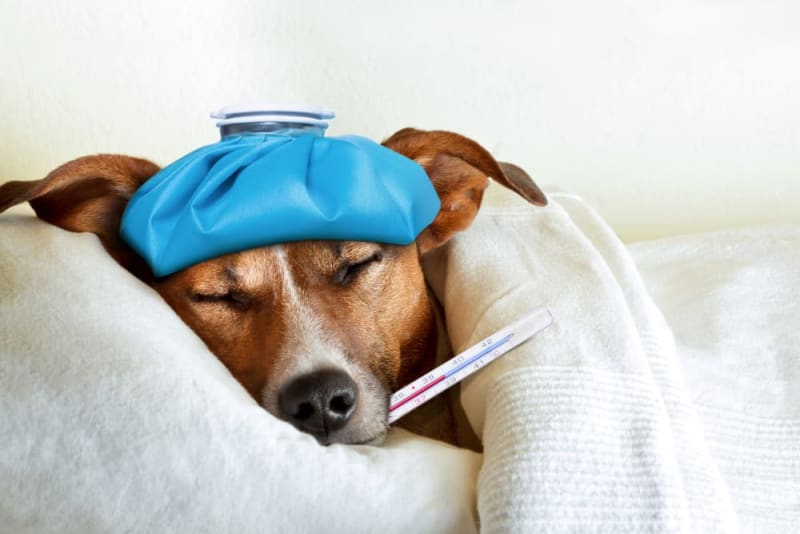When your beloved furry friend falls ill unexpectedly, it can be an incredibly stressful experience. In such situations, many pet owners are faced with difficult decisions. Should you rush to the emergency room or turn to your trusted general practice (GP) veterinarian? While emergency rooms are equipped to handle critical cases, it's important to know that your GP veterinarian can also provide valuable assistance during emergency situations. Here's how a GP veterinarian can help you in times of pet emergencies. 
1. Familiarity and Continuity of Care
One significant advantage of relying on your GP veterinarian during emergencies is the existing relationship and familiarity they have with your pet. Your GP veterinarian understands your pet's medical history and any pre-existing conditions they may have. This familiarity allows for faster and more accurate diagnoses. Plus, your GP veterinarian can ensure a smoother transition of care compared to a new veterinarian at an emergency clinic.
2. Prompt and Comprehensive Care
GP veterinarians are trained to handle a wide range of ailments and injuries. In many cases, they can provide immediate care for non-life-threatening emergencies. Whether it's treating minor wounds, managing gastrointestinal issues, or dealing with ear infections, your GP veterinarian can often address these concerns promptly. They have the necessary experience and resources to stabilize your pet's condition and, in some cases, prevent the need for an emergency clinic visit.
3. Cost-Effective Care
Another important aspect to consider is the cost difference between an emergency room and a GP veterinarian. Emergency rooms are typically more expensive, reflecting the specialized equipment, round-the-clock staffing, and higher overhead costs they incur. For non-life-threatening emergencies, visiting your GP veterinarian can save you a significant amount of money without compromising the quality of care required.
4. Triage and Guidance
If you're uncertain about the urgency of your pet's condition, you can always contact your GP veterinarian for guidance. They can help you assess the situation over the phone and determine if immediate action is necessary. Some veterinary clinics even provide the option to text photos or videos to help with decision-making. Timely guidance from your GP veterinarian can prevent unnecessary panic, help you make informed decisions, and ensure your pet receives the appropriate care.
Remember...
While your GP veterinarian can assist in many emergency situations, it's important to note that there are certain instances where immediate emergency care is necessary. Critical conditions such as severe bleeding, difficulty breathing, or trauma require the specialized care and resources available at emergency rooms. Always use your judgment and seek emergency care if your pet's life is at risk.
It's reassuring to know that your GP veterinarian can provide valuable assistance during pet emergencies. They offer familiarity, prompt care, and a cost-effective approach, ensuring your pet receives the attention they need while maintaining continuity of care. Being well-informed about the capabilities of your GP veterinarian can ease the stress of unexpected situations and allow you to make the best decision for your furry friend.
